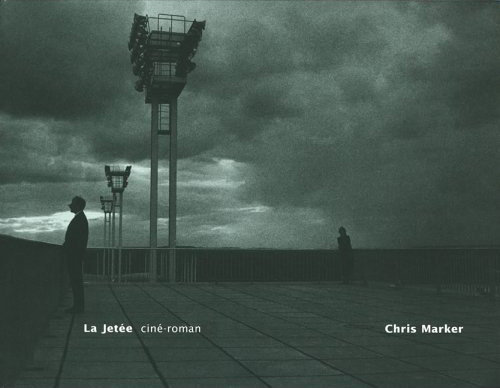Perhaps to merchandise this book wisely I ought to give away not only the previously mentioned fried egg, but as an added attraction (at no extra charge) I should give away with each and every book, a hundred pounds of seed corn. Not ninety pounds, mark you, not eighty pounds, but one hundred pounds. Where am I going to get the corn? I have already anticipated your question. I'm going to get it from the farmer. For years the American public has been getting it in the neck from the farmer and, in return, all we have received is a large bill for farm relief and rigid price supports.
The reason the farmer gets away with so much is that when a city dweller thinks of the farmer he visualizes a tall, stringy yokel, with hayseed in his few teeth, subsisting on turnip greens, skimmed milk and hog jowels and living in a ramshackle dump with his mule fifty miles from nowhere. But what's the good of my trying to describe it? Erskine Caldwell wrapped it up neatly in God's Little Acre.
This kind of farmer may have existed years ago, but today the farmer is the best protected citizen in the entire economy. As a city-dweller, I can assure that there is no love lost between the urbanite and the farmer (unless the farmer has a daughter).
Each year the government is faced with the same problem - how to dispose of the corn surplus. They've tried everything: storing in on battleships, dumping it in silos (with the hope that the rats and the squirrels will make away with some of it); they've even tried giving it away for free to moonshiners. But the White Mule business ain't what it used to be. The moonshiners now want potatoes because the American public has switched to vodka. Well, the government's problem can be solved very easily. Just give me the corn my book so sorely needs.
The government's eternal solicitude for the rustic has got the rest of the country gagging. Why don't they do something for the book publisher and the author? Why don't they do away with literary critics who, in three fine sentences, can cripple the sales of any book? Did you ever hear of a farm critic coming out and saying, " Farm Snodgrass' corn crop is not up to his last year's crop." Or, "Another year's crop like this one, and he'll be back digging sewers for the county asylum,"
The book publishers of America, you'll notice, have no lobby in Washington looking after their interests. They have a surplus of books they would like to plow under, but they haven't got enough money to buy the hole to bury them in.
The reason the farmer gets away with so much is that when a city dweller thinks of the farmer he visualizes a tall, stringy yokel, with hayseed in his few teeth, subsisting on turnip greens, skimmed milk and hog jowels and living in a ramshackle dump with his mule fifty miles from nowhere. But what's the good of my trying to describe it? Erskine Caldwell wrapped it up neatly in God's Little Acre.
This kind of farmer may have existed years ago, but today the farmer is the best protected citizen in the entire economy. As a city-dweller, I can assure that there is no love lost between the urbanite and the farmer (unless the farmer has a daughter).
Each year the government is faced with the same problem - how to dispose of the corn surplus. They've tried everything: storing in on battleships, dumping it in silos (with the hope that the rats and the squirrels will make away with some of it); they've even tried giving it away for free to moonshiners. But the White Mule business ain't what it used to be. The moonshiners now want potatoes because the American public has switched to vodka. Well, the government's problem can be solved very easily. Just give me the corn my book so sorely needs.
The government's eternal solicitude for the rustic has got the rest of the country gagging. Why don't they do something for the book publisher and the author? Why don't they do away with literary critics who, in three fine sentences, can cripple the sales of any book? Did you ever hear of a farm critic coming out and saying, " Farm Snodgrass' corn crop is not up to his last year's crop." Or, "Another year's crop like this one, and he'll be back digging sewers for the county asylum,"
The book publishers of America, you'll notice, have no lobby in Washington looking after their interests. They have a surplus of books they would like to plow under, but they haven't got enough money to buy the hole to bury them in.
-Groucho And Me, by Groucho Marx










Comment